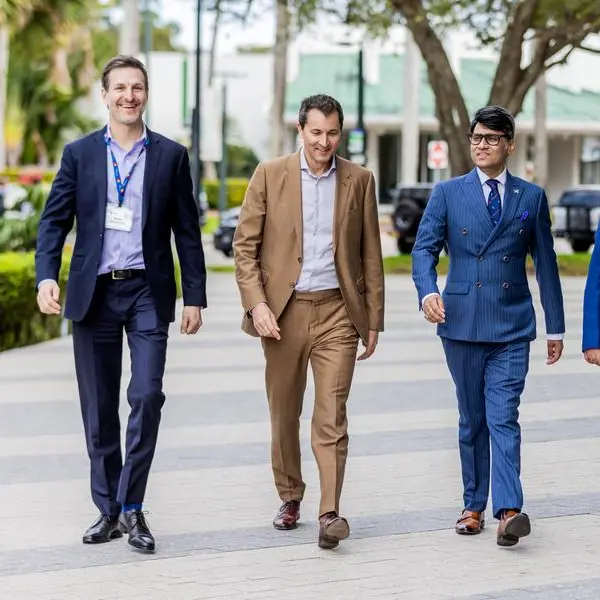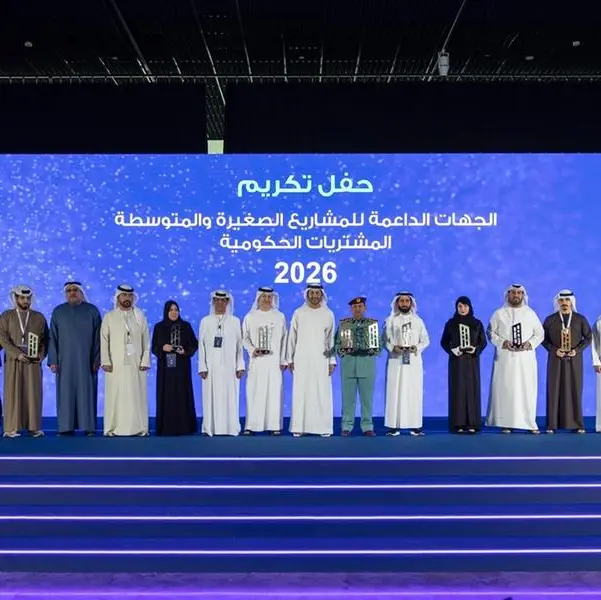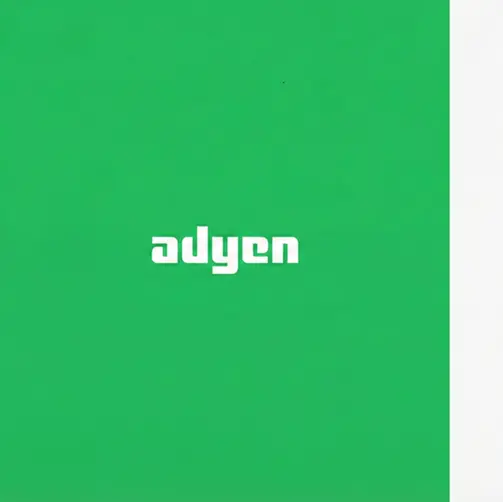PHOTO
This was highest among families, with 62% of married couples with children state that AC bills is a top three factor in the decision-making process
Dubai, United Arab Emirates: A survey commissioned by cooling and energy solutions giant Taqeef reveals that 66% of UAE residents look for chiller free options when searching for a home to rent, with only 10% saying they do not. This was highest among families, with 62% of couples with children admitting AC bills were a top three factor in the decision-making process.
This comes following recent survey findings by the company which revealed 58% of respondents would use their AC less if they had to pay the full bill, despite 74% admitting that they are aware that using their AC excessively can have a negative impact on the environment.
When analysing the results further, the data revealed income and location play a factor:
- People earning in the 30-35k salary bracket are most likely to look for options where AC bills are included in the rent – with 89% stating this as a key consideration. This is followed by 81% of those who earn 8-10k and 72% of those who earn 25-30k.
- This compares to only a third (33%) of those who earn 45-50k per month who are the least likely to consider looking for options that pay the AC bill as part of the rent.
- Sharjah residents are the most cost-conscious, with 70% stating that they would look for AC to be included, followed by Abu Dhabi (67%) and Dubai (64%) residents.
Tariq Al Ghussein, Taqeef Chairman and CEO, explains: “Given the harsh climate in the UAE, particularly in the summer months, residents rely on their AC units to keep their homes comfortable and humidity free. However, it’s important for us to be mindful of our AC use, and at Taqeef we’re working hard to find smarter and more efficient ways of cooling the region’s homes. Affordable technologies, such as the Nest Learning Thermostat, make it easy to save energy without compromising cooling or air quality. By figuring out exactly what cooling your space needs while you’re away, it can help homeowners manage their usage and contribute to greener, cleaning cooling.
The survey conducted by YouGov, was sent to a thousand candidates across the United Arab Emirates.
-Ends-
Media enquiries
For more information, please contact Hazem Beshr or Vicky El-Kassir at Grayling - Taqeef@grayling.com. Alternatively, please call +971 4 360 0769 if your query is urgent.
About Taqeef
Taqeef is the originator of desert cooling systems in the UAE and the Middle East’s leading air conditioning solutions provider. Since 1972 Taqeef has served the country’s evolving cooling needs with world-class technology, innovation and service. Taqeef is committed to driving responsible Air-Conditioning use and promoting environmental efficiency in the industry across the Middle East.
© Press Release 2018Disclaimer: The contents of this press release was provided from an external third party provider. This website is not responsible for, and does not control, such external content. This content is provided on an “as is” and “as available” basis and has not been edited in any way. Neither this website nor our affiliates guarantee the accuracy of or endorse the views or opinions expressed in this press release.
The press release is provided for informational purposes only. The content does not provide tax, legal or investment advice or opinion regarding the suitability, value or profitability of any particular security, portfolio or investment strategy. Neither this website nor our affiliates shall be liable for any errors or inaccuracies in the content, or for any actions taken by you in reliance thereon. You expressly agree that your use of the information within this article is at your sole risk.
To the fullest extent permitted by applicable law, this website, its parent company, its subsidiaries, its affiliates and the respective shareholders, directors, officers, employees, agents, advertisers, content providers and licensors will not be liable (jointly or severally) to you for any direct, indirect, consequential, special, incidental, punitive or exemplary damages, including without limitation, lost profits, lost savings and lost revenues, whether in negligence, tort, contract or any other theory of liability, even if the parties have been advised of the possibility or could have foreseen any such damages.




















